Neonatal Symptoms After In Utero Exposure to SSRIs - MGH Center

The increasing number of reproductive-age women taking antidepressants has raised concerns about the potential risks of using these medications during pregnancy. Literature accumulated over the last decade supports the use of certain selective serotonin reuptake inhibitors (SSRIs) and the older tricyclic antidepressants during pregnancy, indicating no increased risk of congenital malformation in children exposed to these medications during the first trimester of pregnancy. Still, questions remain regarding the purported risk for "toxicity" in newborns exposed to antidepressants around the time of labor and delivery. These concerns are not new. Twenty years ago, case reports suggested that maternal use of tricyclic antidepressants near the time of delivery was associated with problems in the newborn such as difficulty feeding, restlessness, or jitteriness.

Prenatal antidepressant exposure and emotional disorders until age 22: a danish register study, Child and Adolescent Psychiatry and Mental Health
:max_bytes(150000):strip_icc()/prozac--paxil-and-zoloft-anti-depressant-tablets--close-up-858253-001-5a8b4dcb0e23d900379b8918.jpg)
SSRIs or Selective Serotonin Reuptake Inhibitors
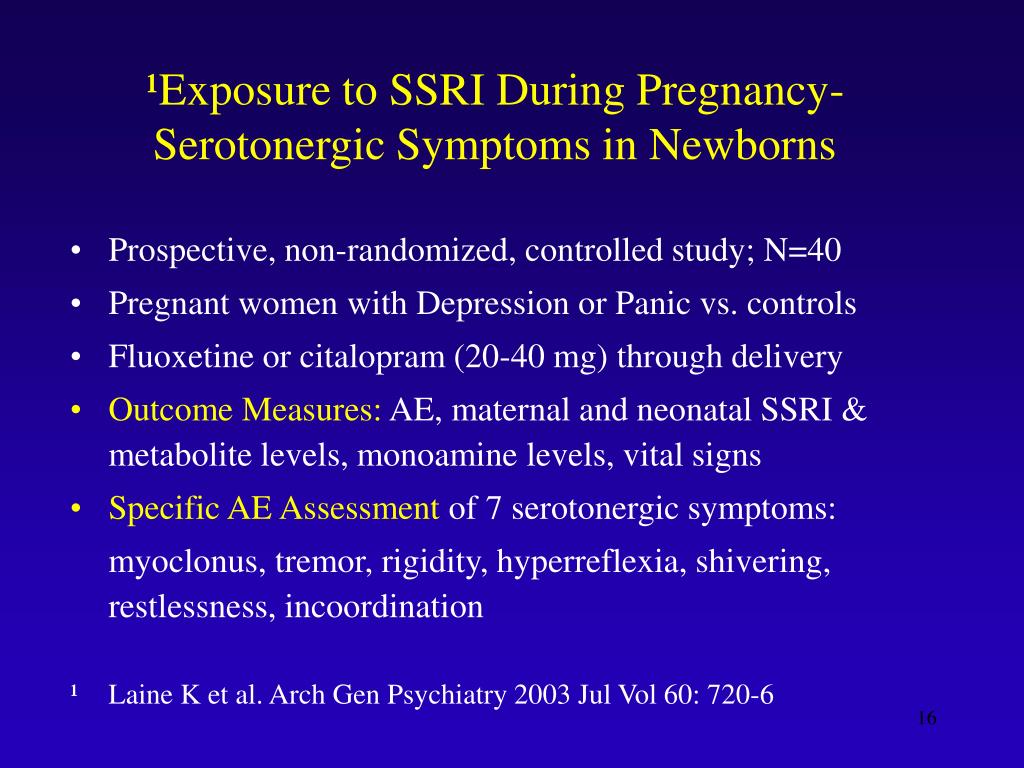
PPT - Neonatal Adverse Events Associated with in utero SSRI/SNRI
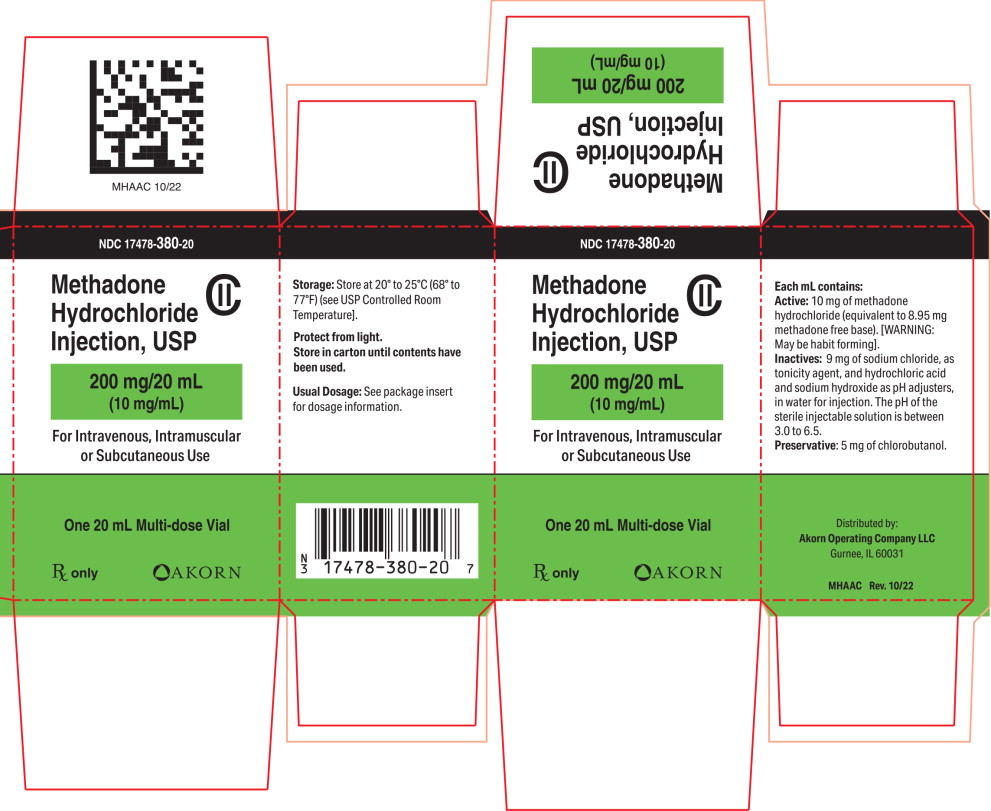
Methadone Hydrochloride Injection, USP CII200 mg/20 mL (10 mg/mL)

Prenatal antidepressant exposure and emotional disorders until age 22: a danish register study, Child and Adolescent Psychiatry and Mental Health
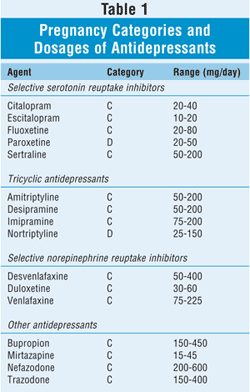
Psychotropic Medication During Pregnancy

Prenatal antidepressant exposure and emotional disorders until age 22: a danish register study, Child and Adolescent Psychiatry and Mental Health
Major Depressive Disorder with Suicidal Thoughts or Actions (MDSI) Data & Dosing
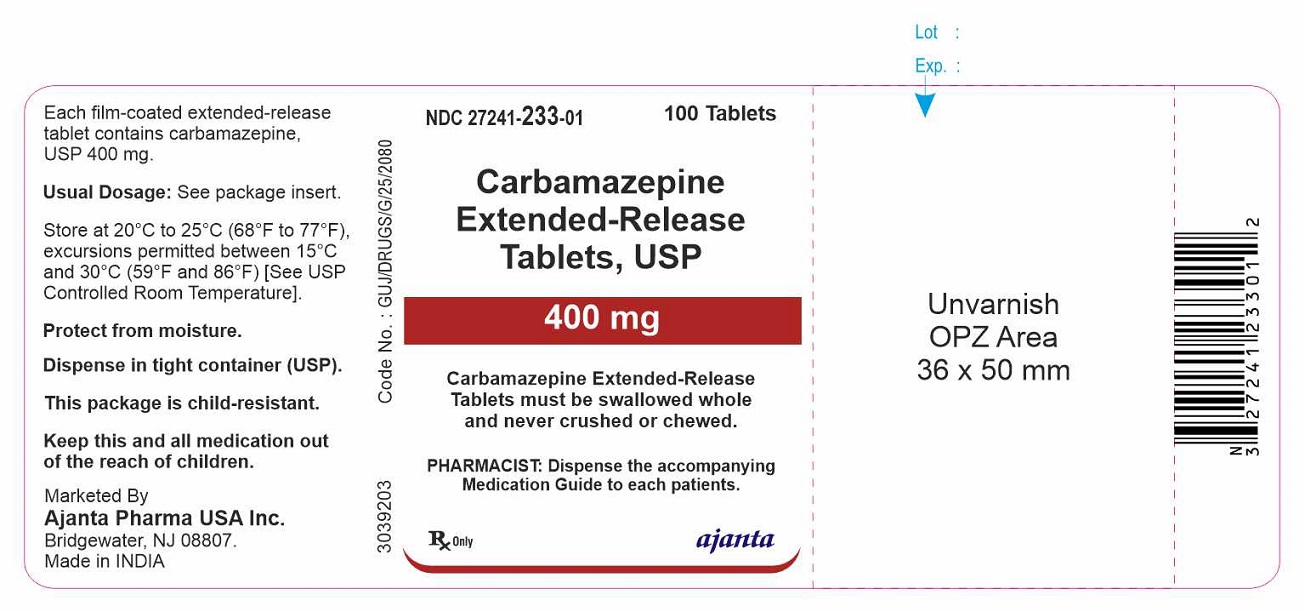
Carbamazepine Extended-Release Tablets, USP 100 mg, 200 mg, 400 mg Rx only Prescribing Information

Antidepressants in Pregnancy Tied to Autism
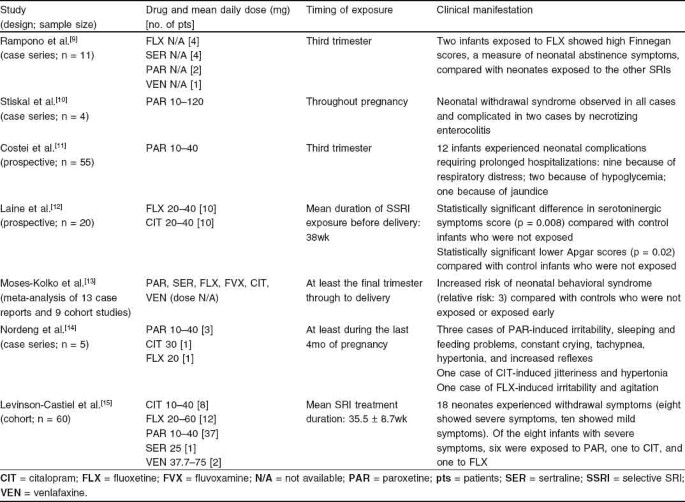
Serotonin Reuptake Inhibitor-Induced Perinatal Complications
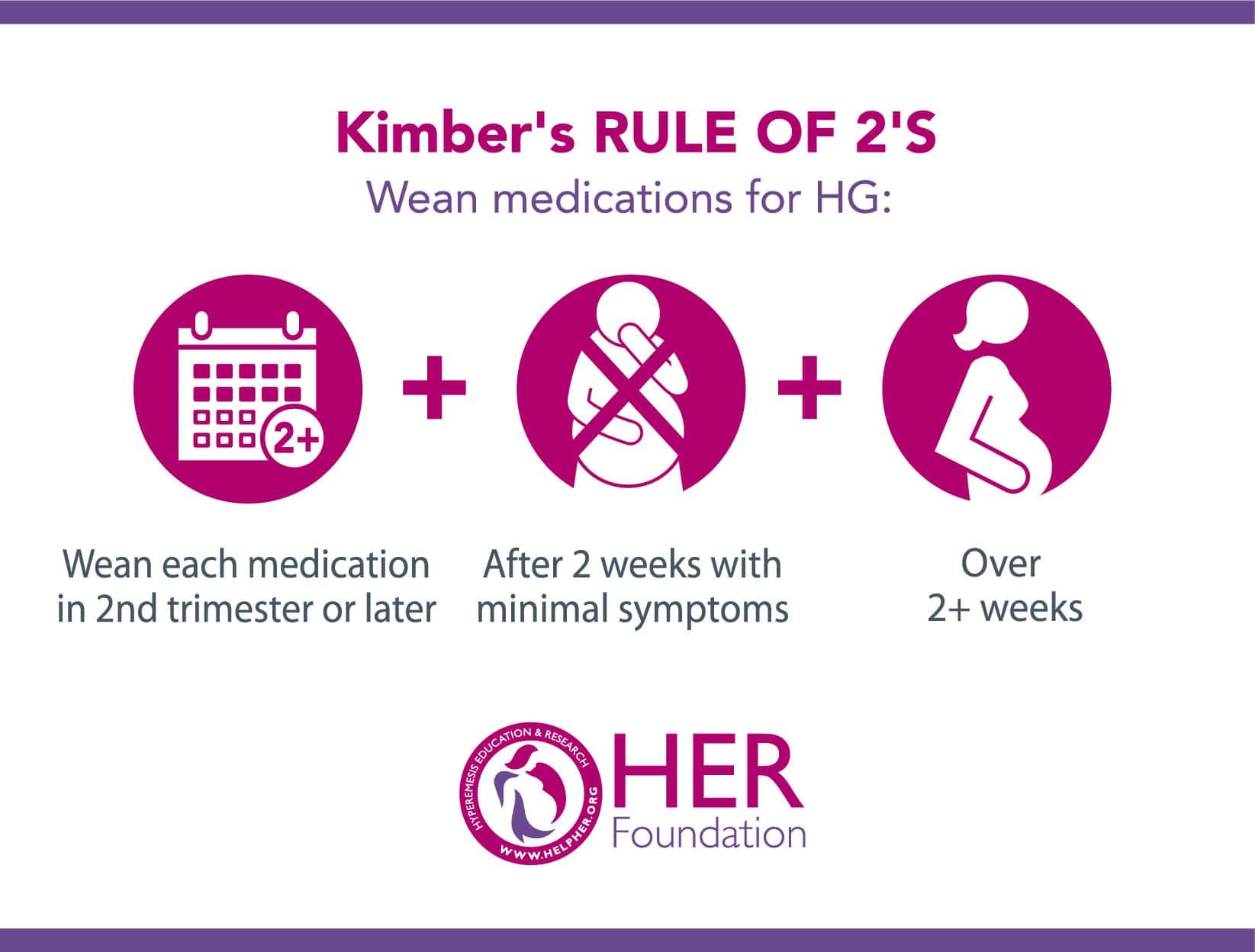
Common Medications - HER Foundation
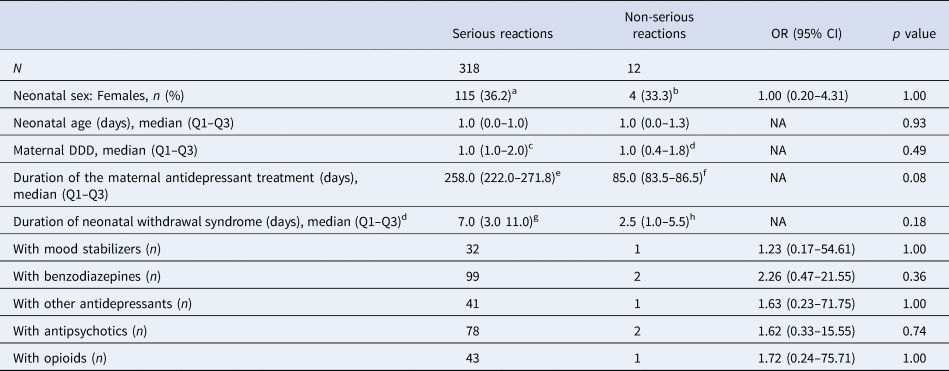
Neonatal withdrawal syndrome following in utero exposure to antidepressants: a disproportionality analysis of VigiBase, the WHO spontaneous reporting database, Psychological Medicine